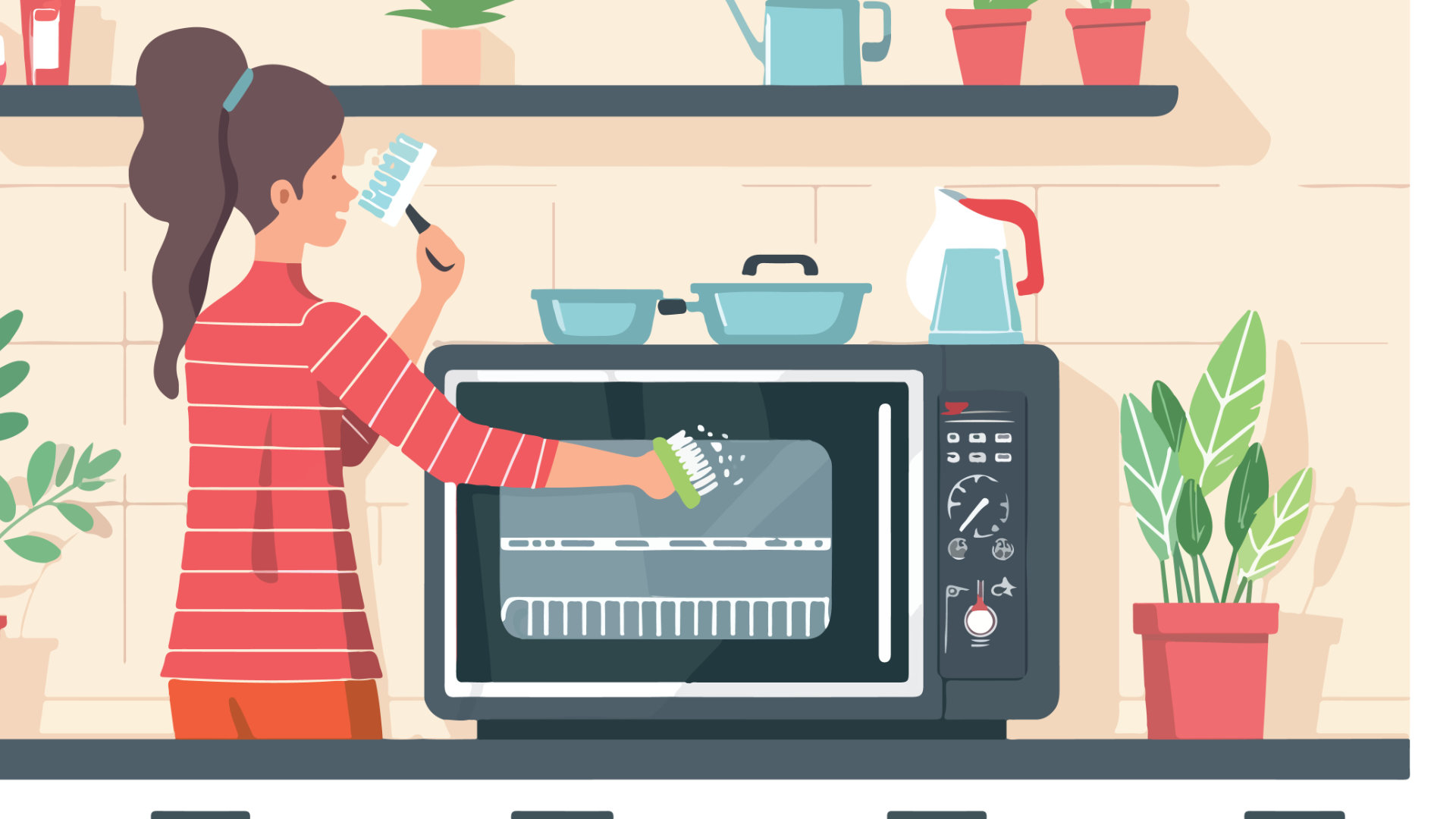
Ovens typically last around 15 years if properly maintained, though some can last up to 20 years. The minimum lifespan you should expect from an oven is about 10 years.
Ovens tend to last longer than many other household appliances, such as dishwashers and washing machines, because they have fewer moving parts. as ovens generally last a few years longer than electric ovens because they have fewer components that can fail.
This article will look at the factors that influence an oven’s lifespan, what steps you can take to prolong it, how to determine an oven’s age, and when you should consider replacing your oven.
What affects the lifespan of an oven?
So, what factors can influence how long an oven lasts? Here’s a brief overview:
How often it is used
While ovens are designed for daily use, some people use theirs way more frequently than others. A heavily used oven will naturally experience more wear and tear than one used sparingly over the same time period.
How well it is maintained
Regular cleaning and maintenance of an oven helps to create a hygienic cooking environment and also helps to prolong its lifespan.
The cost and quality
As a rule of thumb, ovens made by leading reputable brands last longer than those from cheaper unknown brands. However, this isn’t a guarantee of longevity; even expensive ovens can break, and some cheaper models may prove surprisingly durable.
How quickly issues are addressed
Small problems can lead to bigger issues, which may lead to the early demise of your oven. It’s important to get issues repaired promptly to maximize its lifespan, whether the door doesn’t close properly or the oven produces unusual smells or noises.
Steps you can take to prolong the lifespan of your oven
While luck plays a part in how long your oven will work, there are some steps you can proactively take to help prolong its lifespan. For instance, we already mentioned that regular maintenance and prompt repairs have a positive effect.
You’ll want to stick to a regular cleaning schedule and avoid leaving your oven heavily soiled for long periods. A dirty oven can cause inefficient heating, leading to increased energy usage and more wear and tear on its components. Aim to clean it once every few months, or whenever there are any food spills and splatters.
If your oven has a self-cleaning feature, use it as frequently as recommended, which is typically once every three or four months. Using it too often, such as every week or month, can put unnecessary strain on your oven components due to the extremely high temperatures reached during self-cleaning.
Try to reduce oven spills by covering food when possible and using appropriately sized cookware. However, avoid lining the base of the oven with aluminum foil to catch drips, as it can melt and damage the oven’s interior while also restricting airflow.
Finally, keep an eye out for any problems, such as uneven cooking or a door that is not sealing or closing properly. If you can get them fixed promptly by a professional, you can prevent a more serious issue from developing.
How to determine an oven’s age
If you purchased a used oven or simply can’t remember how long ago you bought yours new, there are a few ways to determine its age.
First, look for the serial number tag or plate on your oven, because it should also display its manufacturing date. If it doesn’t show the age of your oven, you can enter the brand, serial number, and model of your oven on various online tools that will tell you its age.
When is it time to purchase a new oven?
When it comes to deciding the right time to replace an old oven, you should consider a few things aside from its age. For instance, if your oven is 15 years old but still running fine with no issues, you don’t necessarily need to replace it—especially since replacing an oven can be a fairly significant investment.
However, if your oven is approaching the end of its lifespan, and you also notice one or more of the following issues, it may be time to consider replacing it:
- The oven frequently breaks and needs costly repairs.
- It uses more power to heat up, driving up your energy bills.
- The oven doesn’t reach the correct temperature.
- You see cracked glass or rust buildup on the surfaces.
- The oven is making a lot of noise and releases strange odors.
One or more of these issues combined with an aging oven is a pretty clear indicator that it’s time to start thinking about a replacement.
Summary
Ovens are one of the most used appliances in the kitchen. You can expect them to last around 15 years in most cases if you take good care of them; if you’re fortunate, they may even last up to 20 years. On average, gas ovens tend to last a few years longer than electric ovens, since they have fewer components and moving parts that can break down or malfunction.
The minimum lifespan of an oven should be around 10 years unless you are extremely unlucky. Remember that regular cleaning and maintenance can help you maximize the lifespan of your oven while also reducing your energy bills. So, don’t be afraid to use a little elbow grease or to call in a professional for issues beyond your expertise.
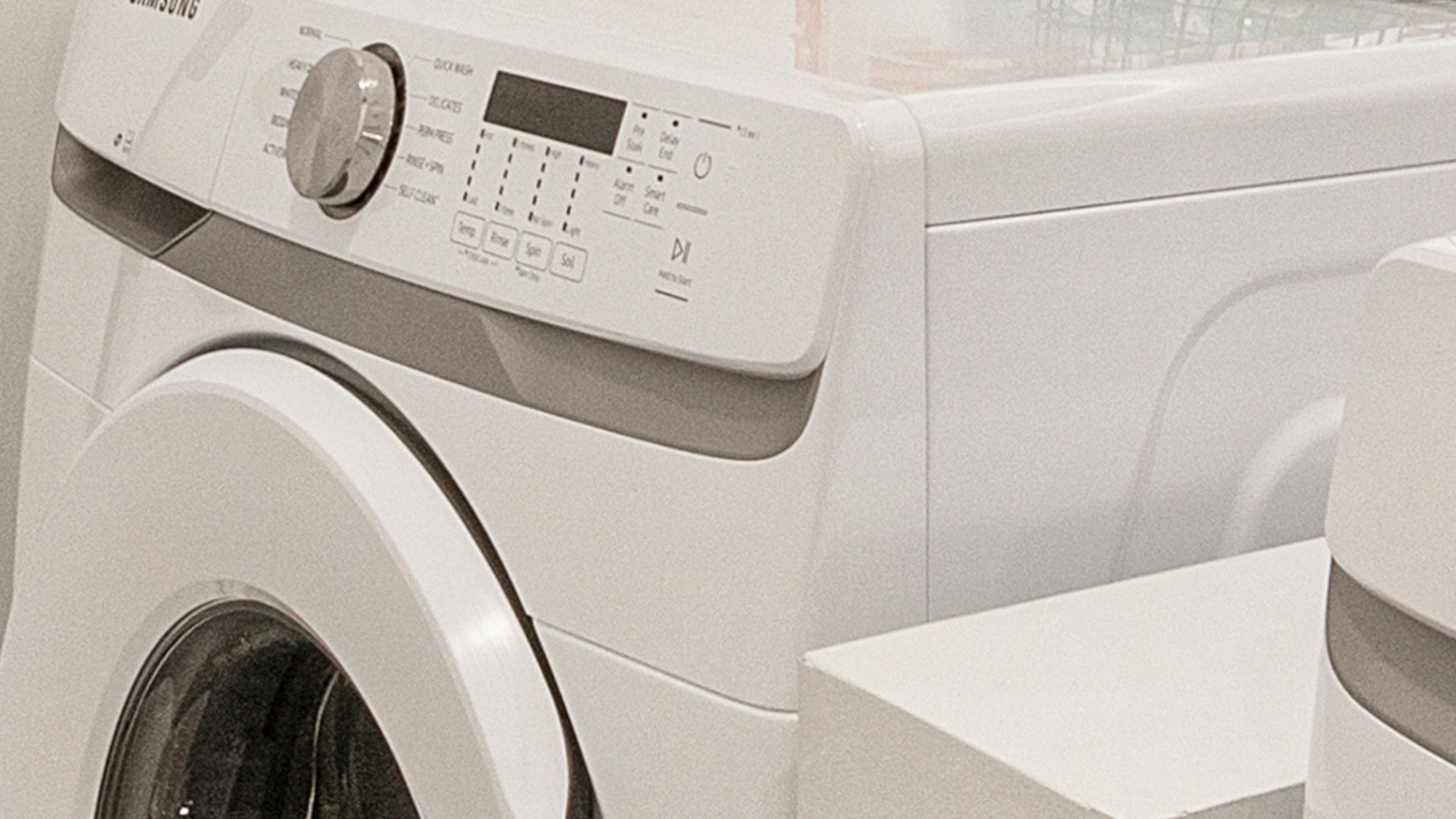
How to Clean Front Load Washer Mold (In 5 Steps)

How Long Do Ovens Generally Last?
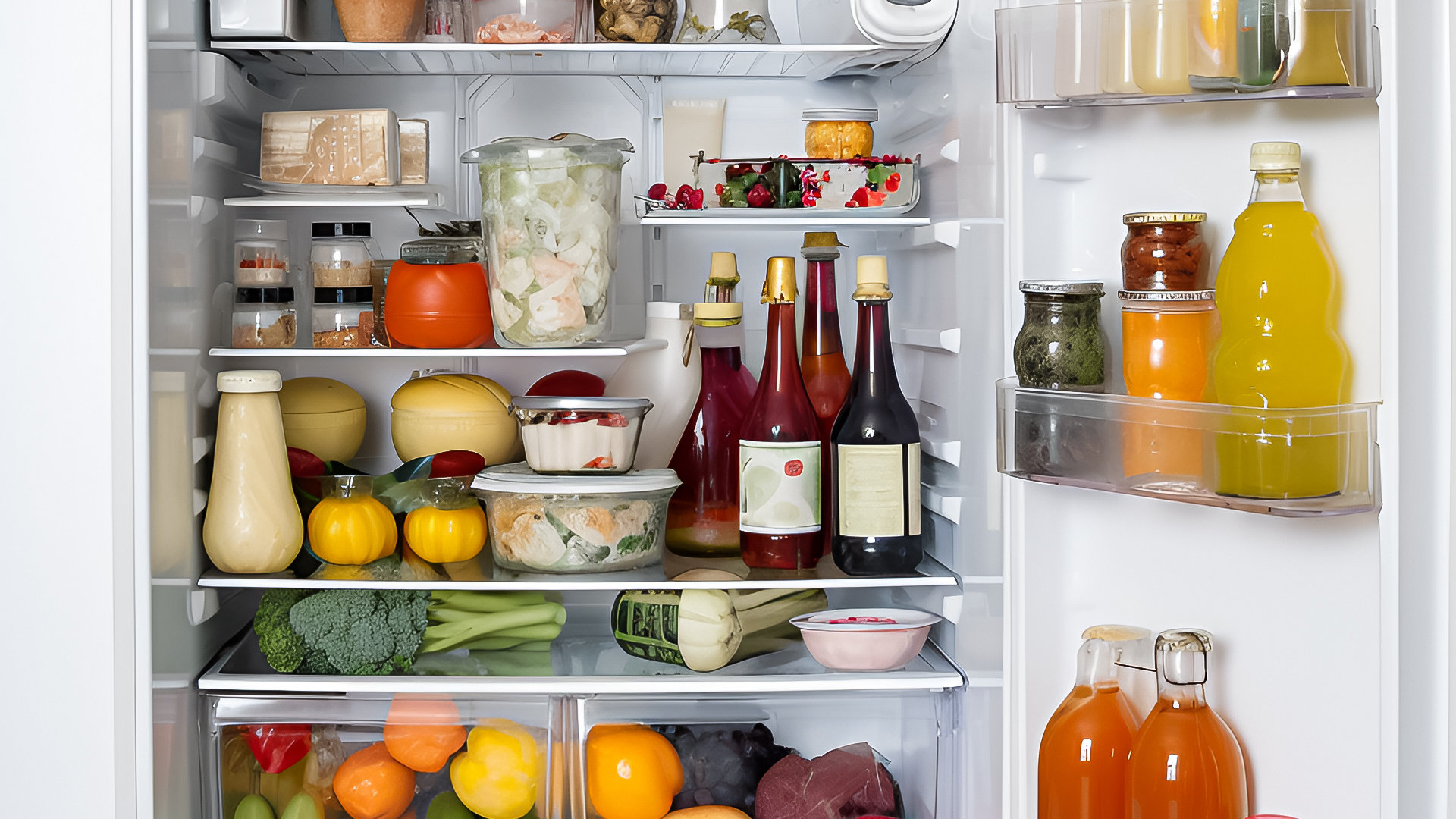
Refrigerator Leaking Water Inside? Here’s Why
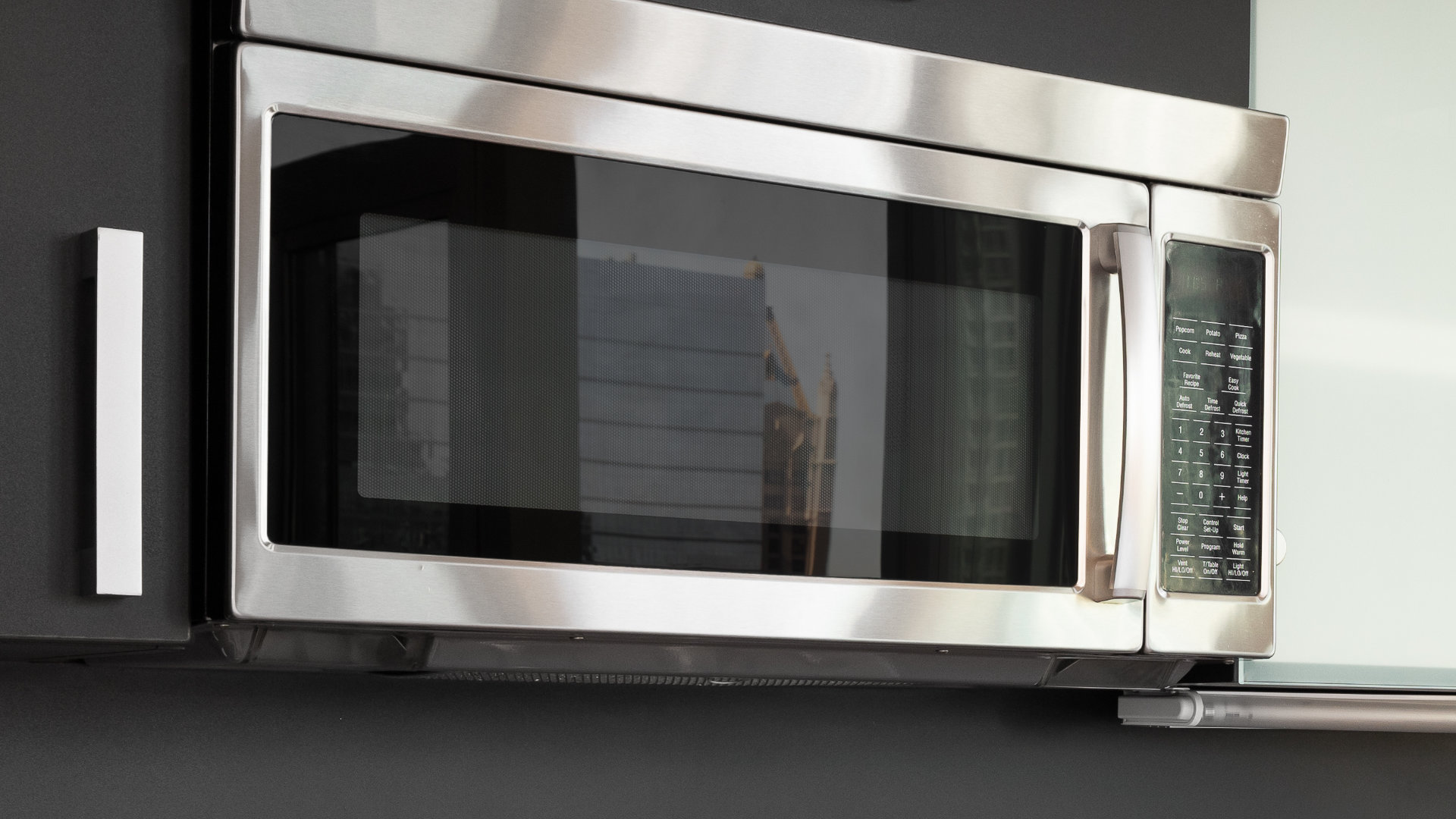
Your Guide to Whirlpool Microwave Replacement Parts
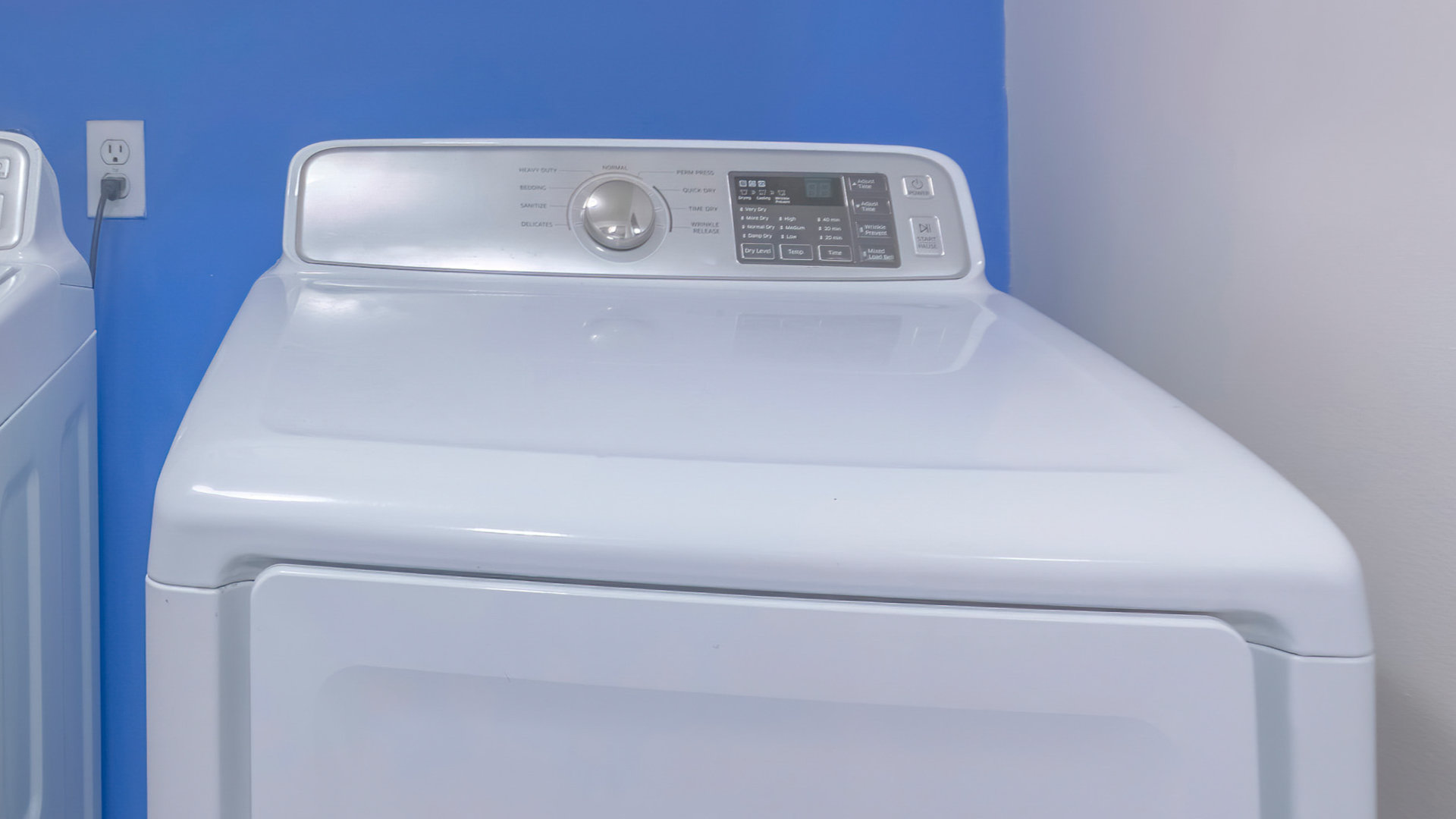
What to Do When Your Kenmore Dryer Won’t Start
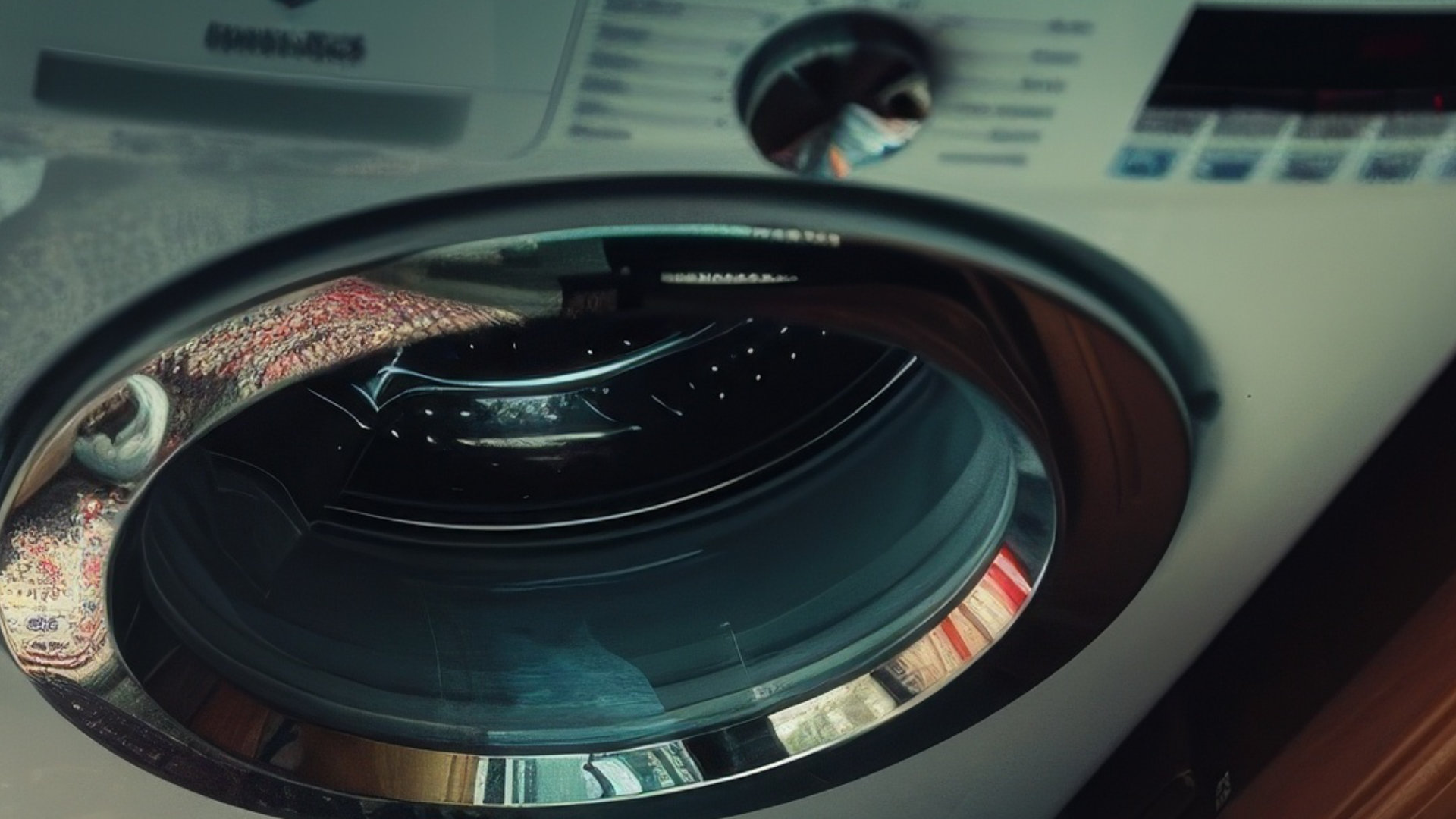
How to Resolve the LG Washer LE Error Code
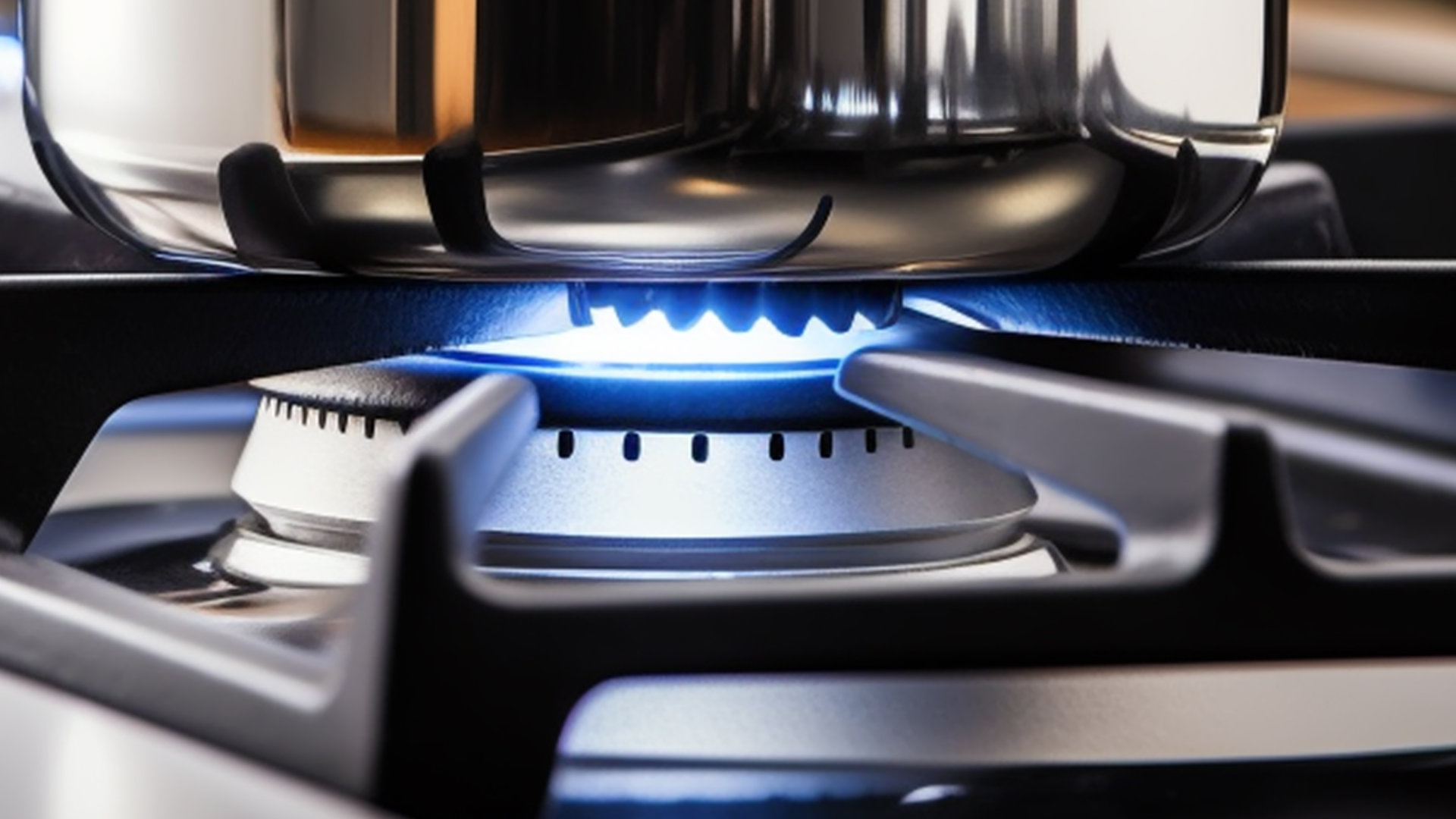
Why Does My Oven Smell Like Gas? Causes and What to Do
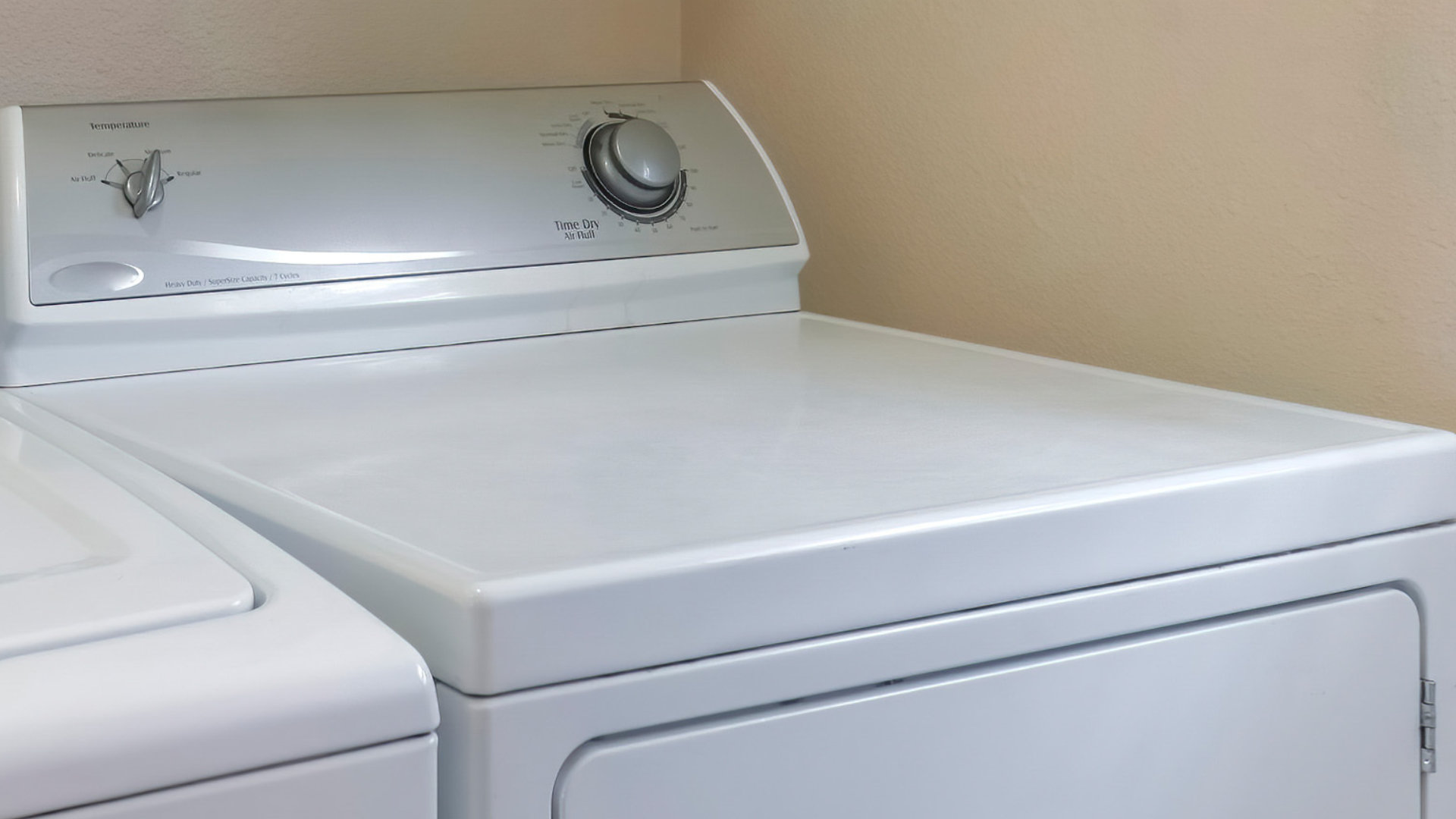
Maytag Dryer Not Heating? Here’s How to Fix It
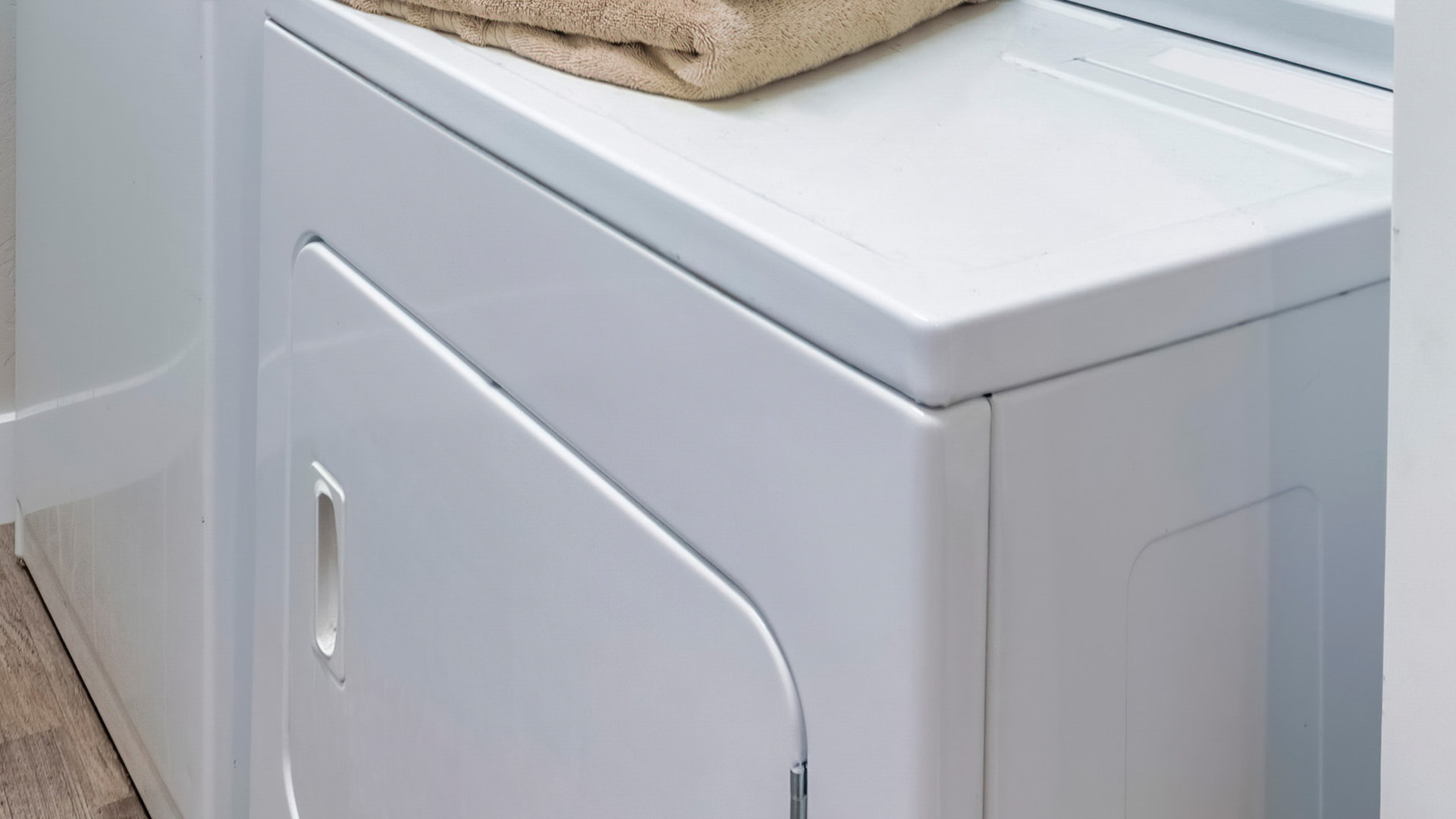
6 Common Reasons Your Speed Queen Dryer Isn’t Heating
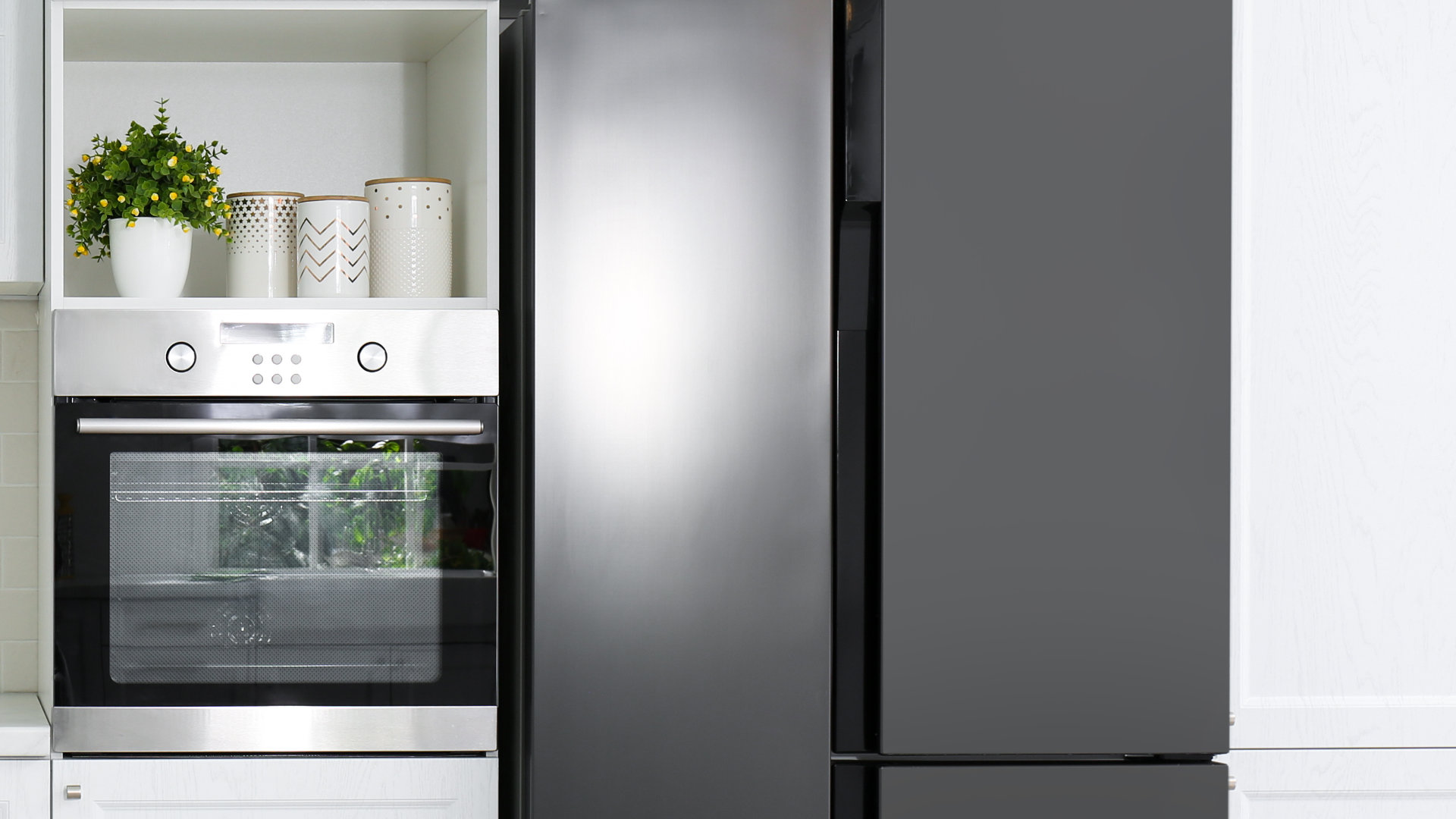
8 Reasons Your Samsung Refrigerator Is Not Cooling
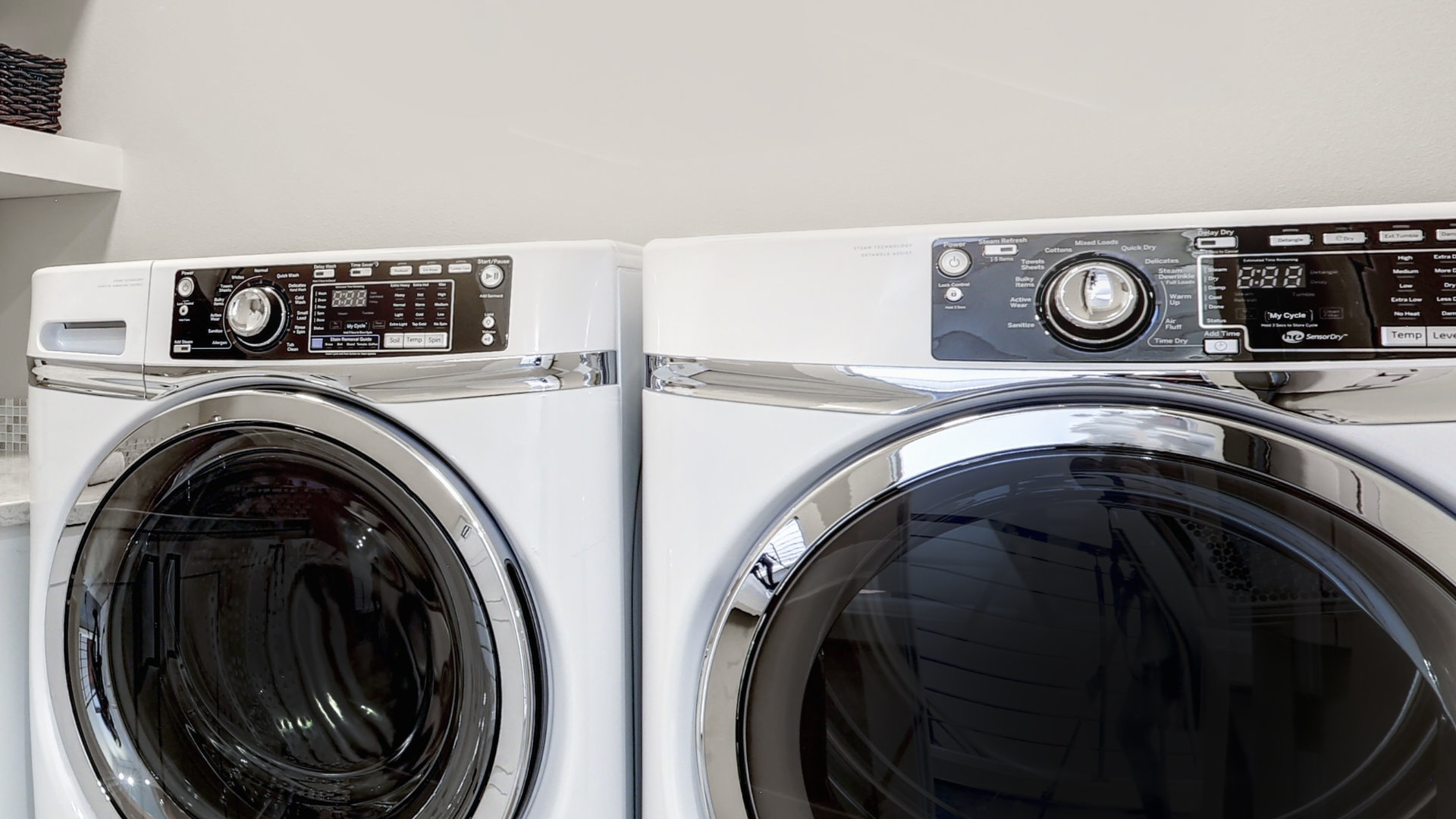
9 Most Reliable Washer and Dryer Brands

How to Get Ink out of Your Dryer the Easy Way

Why Is My Fridge Making Noise That Stops When the Door Is Open?
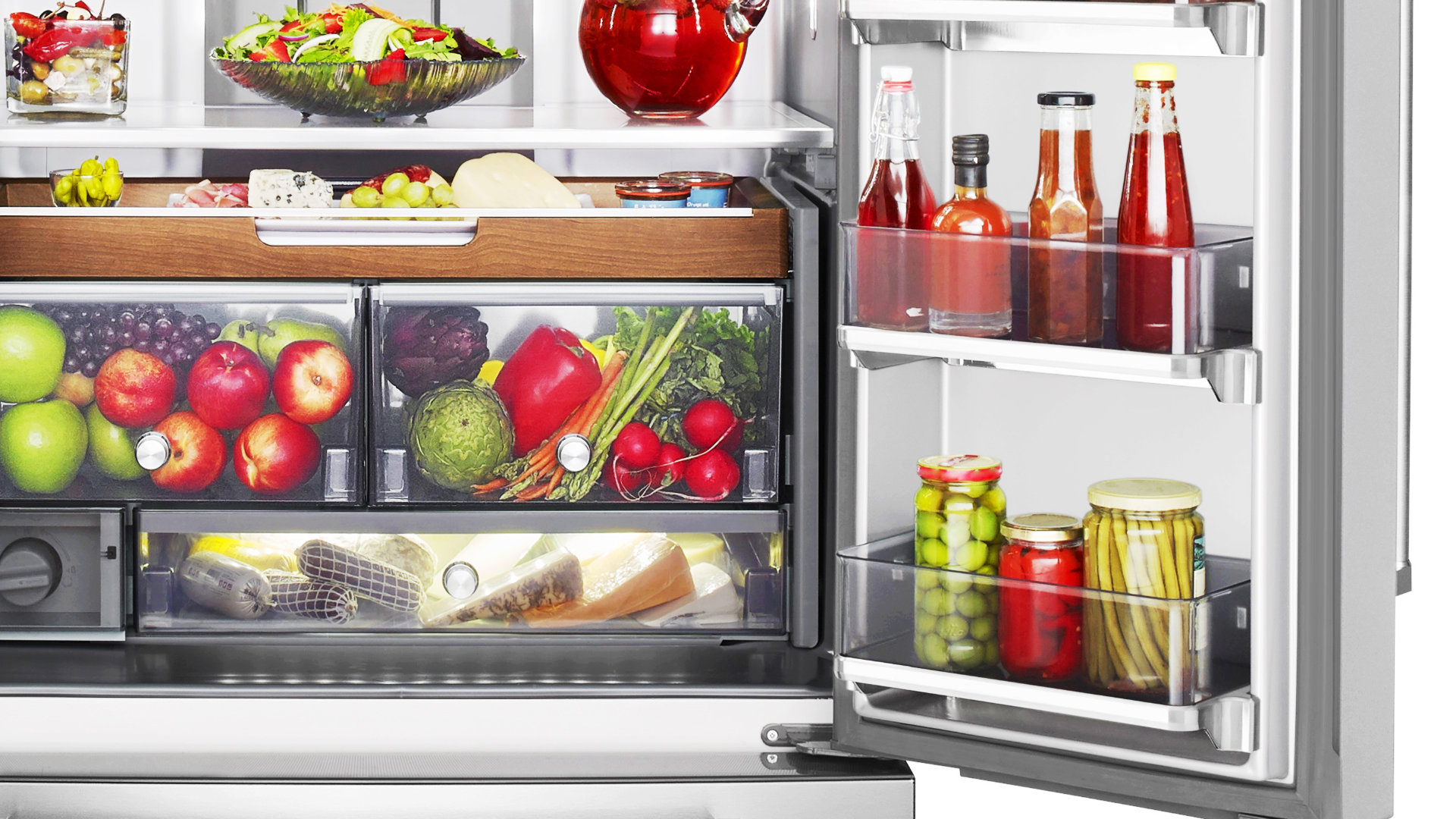
Frigidaire Refrigerator Error Code H1: Causes & Solutions


